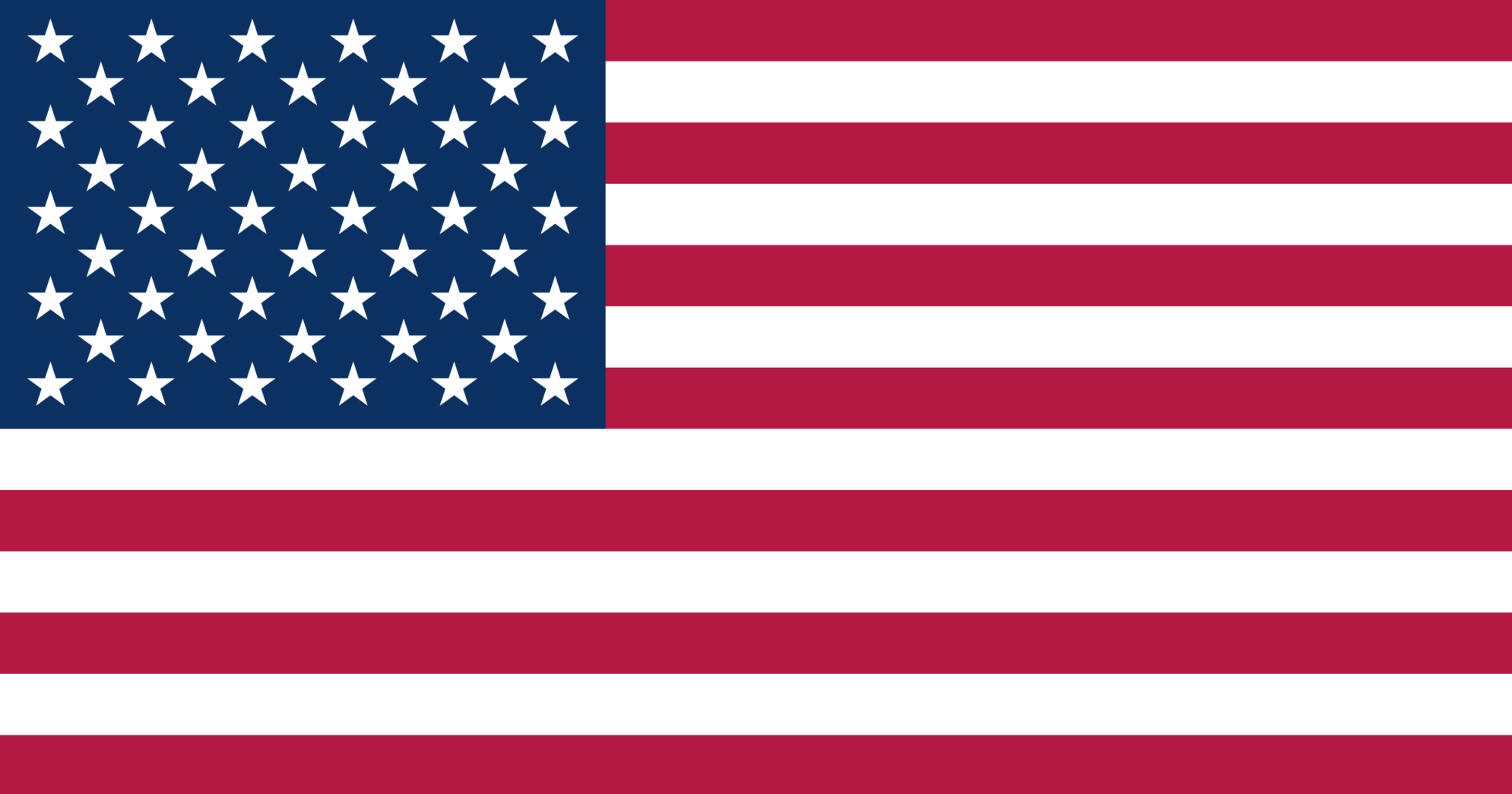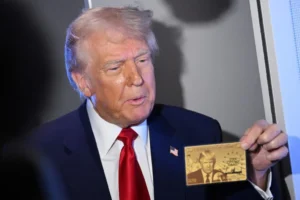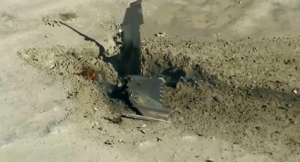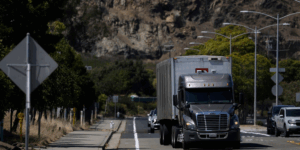US ambassador to UN: Israel must end ‘starvation policy’ in Gaza
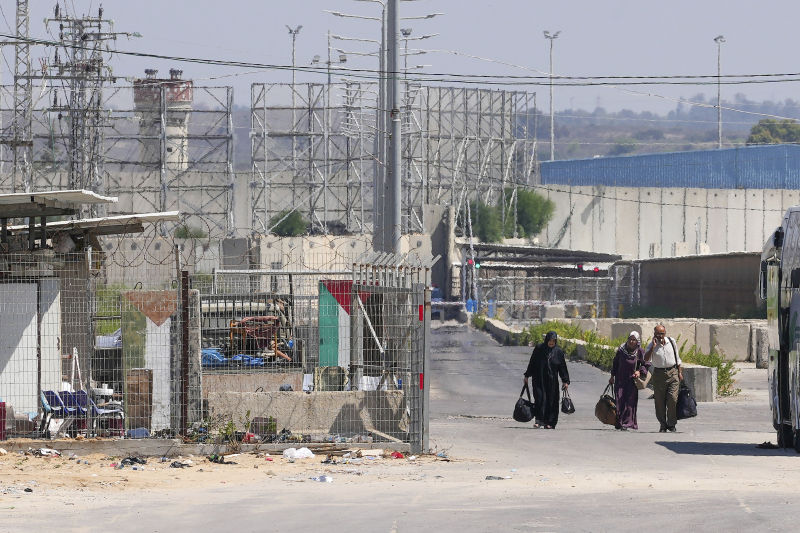
U.S. Ambassador to the United Nations Greenfield told the Security Council on Wednesday that the United States is closely monitoring Israel’s actions to ensure that Israel does not have a “starvation policy” in the northern Gaza Strip. Such a policy would be “horrible and unacceptable and would have implications for international law and U.S. law,” she told the 15-member Security Council. “The Israeli government says that this is not their policy and that food and other necessities will not be cut off, and we will be watching closely to see if Israeli actions on the ground are consistent with their statements,” Greenfield said, in a sign of a hardening of U.S. attitude toward its longtime ally.
The United States has told Israel that it must take steps within the next 30 days to improve humanitarian conditions in the Palestinian enclave or U.S. military aid could be restricted, U.S. officials said Tuesday. Israeli Prime Minister Benjamin Netanyahu held an emergency meeting on Wednesday to discuss expanding humanitarian aid to Gaza, and the aid could soon increase, according to three officials who participated in the discussion.
“Food and supplies must flow into Gaza immediately. A humanitarian ceasefire must be implemented in the Gaza Strip to allow vaccinations and the delivery and distribution of humanitarian aid.” On October 7, 2023, Palestinian Hamas militants launched a deadly attack on southern Israel, triggering Israeli retaliation against the Hamas-controlled Gaza Strip, triggering a humanitarian crisis in the besieged enclave. Authorities say more than 42,000 people have been killed and almost all of the 2.3 million people have been displaced. Israeli Ambassador to the United Nations Danny Danon told the Security Council that Gaza’s problem is not a lack of aid, saying that more than 1 million tons of aid have been delivered in the past year. He accused Hamas of hijacking humanitarian aid. “Israel and our international partners continue to provide a large amount of aid to the Gaza Strip, but as long as Hamas remains in power, this aid will never reach all those who need it,” he said. “Hamas has weaponized the humanitarian situation.” Hamas has repeatedly denied Israel’s accusations that it has stolen aid and said Israel should be held responsible for the shortages. The United Nations has long complained about obstacles to aid delivery to Gaza and distribution throughout the war zone, blaming them on Israel and lawlessness. The United Nations said no food aid entered northern Gaza between October 2 and 15. “The fact that humanitarian access is almost non-existent is unconscionable given the dire conditions and unbearable suffering in northern Gaza,” Joyce Msuya, the acting U.N. aid chief, told the Security Council. On Wednesday, the Israeli military overseeing the delivery of aid and commercial supplies to Gaza said 50 trucks carrying food, water, medical supplies and shelter equipment provided by Jordan were transferred to northern Gaza.
Msuya said that of the 286 humanitarian operations coordinated with Israel in the Gaza Strip in the past two weeks, less than a third have been conducted without major incidents or delays. She said a humanitarian team reached two hospitals in northern Gaza on October 12 after being turned away or blocked nine times by Israeli forces. They transferred a dozen critically ill patients to Shifa Hospital in Gaza City. “These missions were carried out in the midst of ongoing intense hostilities,” Msuya said, adding that the drivers of the convoy were “subjected to humiliating treatment during security checks and temporary detention” at Israeli checkpoints. “Medical staff kept one child alive for more than seven hours, pumping oxygen by hand, until they passed the checkpoint,” she said. Danon cited the recent medical mission as an example of Israel’s “comprehensive” humanitarian efforts, adding that “we are acting, as always, in accordance with international law and beyond our obligations.” Danon also spoke of the second round of polio vaccinations that UNICEF and the World Health Organization began on Monday, with the goal of vaccinating 590,000 children under the age of 10 during the pause in fighting. Algeria’s ambassador to the United Nations, Bendama, questioned Israel’s humanitarian efforts. “How is it possible that we can vaccinate these children but not feed them?” he said. “The inevitable conclusion is that this is not… this is collateral damage, but a deliberate policy of starvation orchestrated by Israel.”
